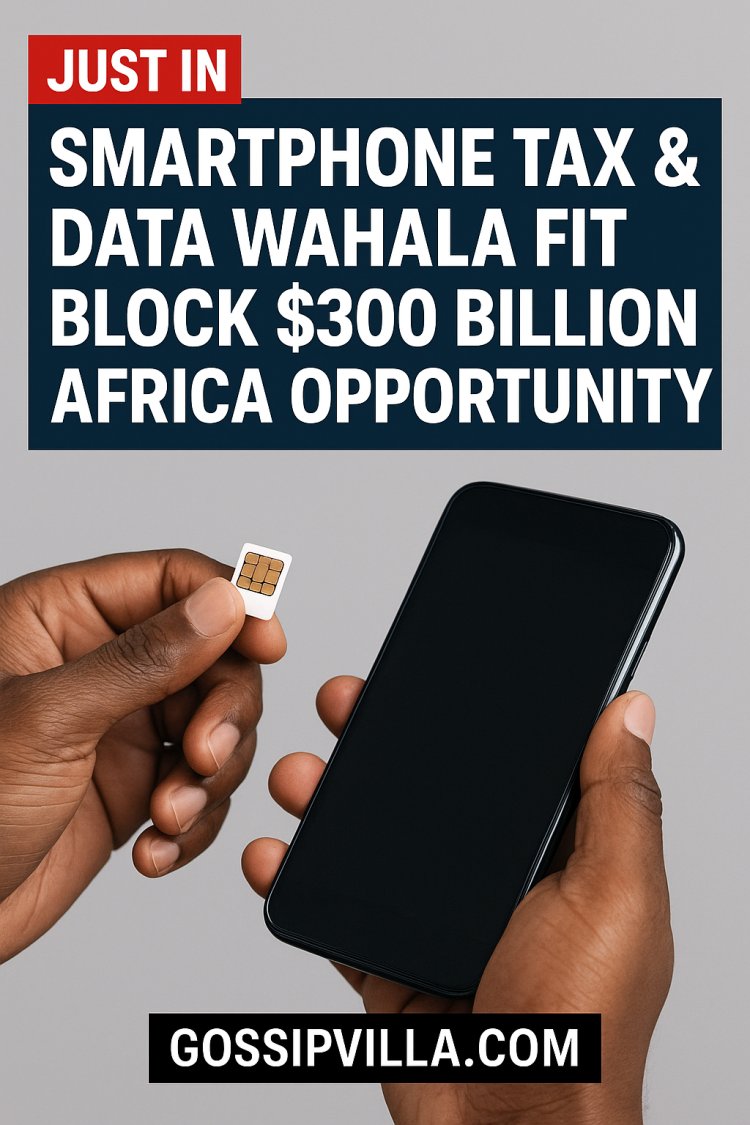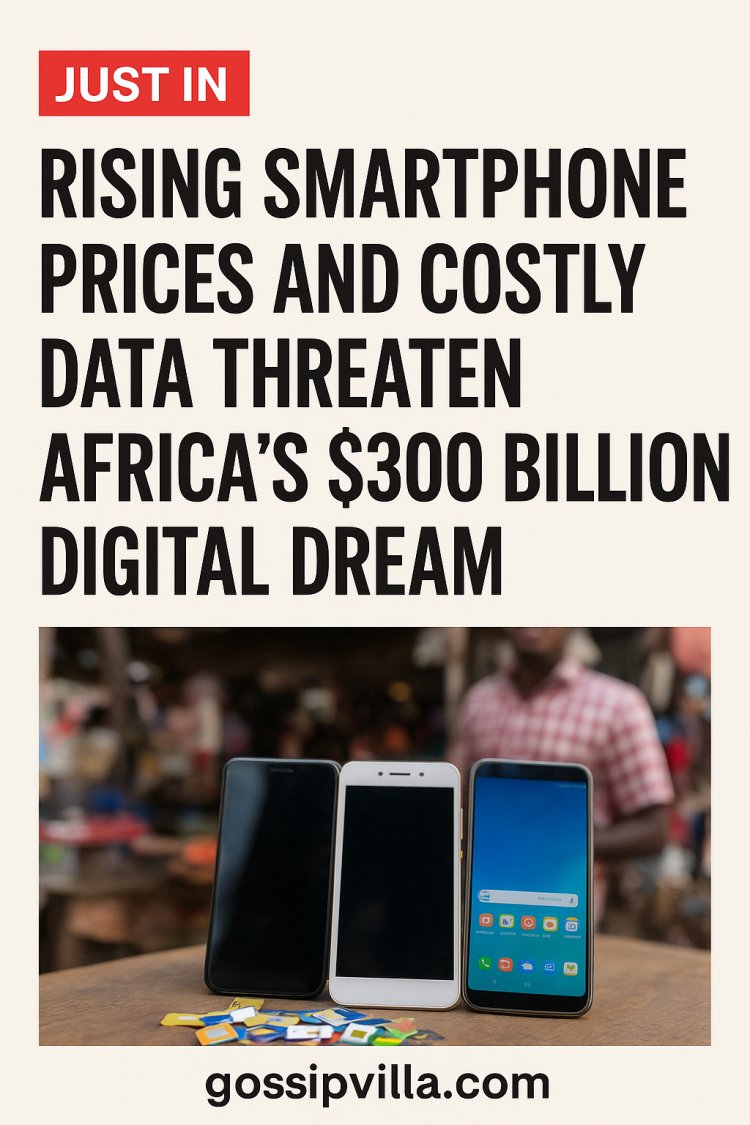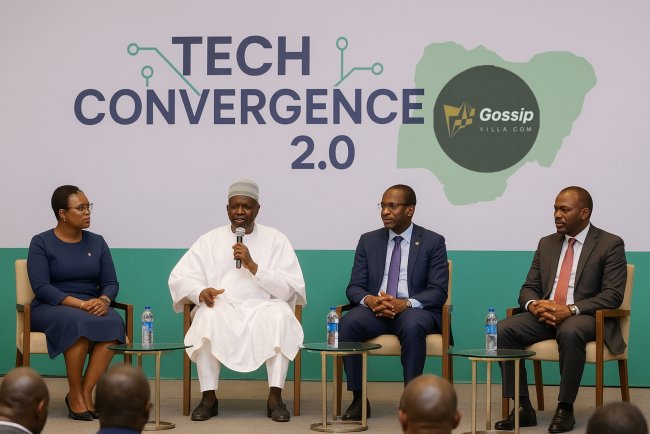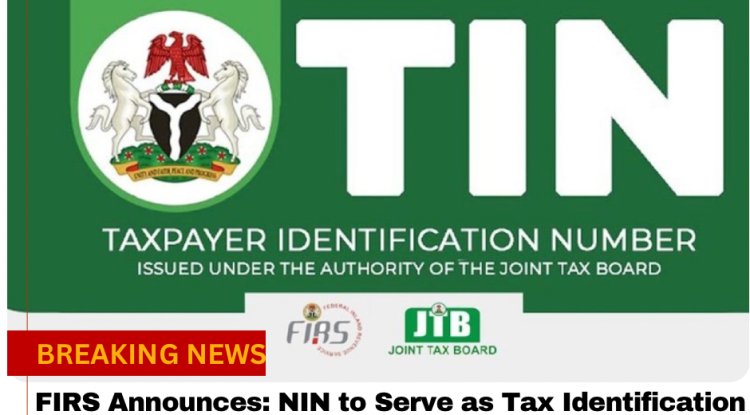Rising Smartphone Prices and Costly Data Threaten Africa’s $300 Billion Digital Dream
Africa’s digital economy could lose over $300 billion as smartphone taxes and high data costs make internet access unaffordable for millions. Experts warn that unless governments act fast, the continent’s digital transformation may stall.

The African digital economy could lose a potential $300 billion opportunity if smartphone taxes and high data costs continue to make internet access unaffordable for millions of citizens, according to recent industry analysis.

Across several African countries, including Nigeria, mobile internet remains the primary means of going online. But despite this, the cost of smartphones and internet data continues to rise discouraging new users and limiting growth in online businesses, education, and innovation.
Experts warn that unless governments urgently review import taxes on smartphones and cut data tariffs, the region’s digital transformation could stall.
A new report by BusinessDay Nigeria highlights that smartphone adoption in sub-Saharan Africa has slowed significantly in the past year due to currency devaluation, higher import duties, and rising inflation. Nigeria, which once led the charge in smartphone penetration, is now facing slower growth as consumers struggle to afford new devices.
Meanwhile, data prices remain among the highest globally when compared to average income levels. According to the GSMA’s Mobile Internet Connectivity Report, the average Nigerian still spends over 5% of monthly income just to buy 1 GB of data far above the global affordability benchmark of 2%.
The impact is massive: fewer people online means smaller audiences for digital businesses, reduced reach for e-commerce, and slower progress toward a knowledge-driven economy.
Small Businesses and Youth Hit the Hardest
For young Nigerians building online careers from virtual assistants to digital marketers and online tutors the rising cost of connectivity has become a major barrier.
“I used to buy ₦2,000 data monthly, but now I spend that in one week,” says Lagos-based student and content creator, Ifeoma Nwosu. “Sometimes I have to pause work when data finishes. It’s frustrating.”
Small businesses are also feeling the impact. With online transactions, WhatsApp marketing, and virtual meetings becoming essential, expensive data means higher operational costs. Many SMEs report cutting down on online advertising and social-media promotions due to cost concerns.
Calls for Policy Change
Tech analysts are calling for governments across Africa to treat digital access as an economic infrastructure rather than a luxury.
“Affordable internet is not a privilege it’s a growth engine,” said telecoms analyst Ifeanyi Uche. “Once people can’t get online, you slow down innovation, education, and job creation.”
Industry experts say removing taxes on low-end smartphones, encouraging local assembly, and investing in broadband infrastructure could rapidly boost access and participation in the digital economy.
Some countries like Kenya and Rwanda have already begun implementing tax incentives to make smartphones cheaper, while also expanding public Wi-Fi zones to reduce data cost.
Nigeria, however, is yet to make a clear policy shift, even as the government promotes digital literacy and AI-driven innovation under its Ministry of Communications, Innovation, and Digital Economy.
A Digital Divide That Costs Billions
The World Bank estimates that every 10% increase in internet penetration could boost GDP by up to 1.5% in developing economies. For Africa, that means billions of dollars in potential growth being lost due to limited connectivity.
With mobile penetration still below 50% in many African markets, the continent risks widening its digital divide while other regions accelerate into advanced technology adoption, such as artificial intelligence, fintech, and e-governance.
As Nigeria continues to invest in the digital economy, experts insist that affordability must be at the center of the strategy otherwise, the “digital economy” will remain out of reach for millions.
Africa’s digital future depends on how quickly policymakers address the root causes of expensive smartphones and internet access. Reducing import tariffs, regulating telecom pricing, and promoting local manufacturing could unlock massive opportunities from job creation to innovation and global competitiveness.
Until then, the dream of a truly inclusive $300 billion digital economy might remain just that a dream.
Sources
Read more on How Vitel Wireless Set to Disrupt Nigeria’s Telecom Industry with the Launch of 0712 Network
What's Your Reaction?




















